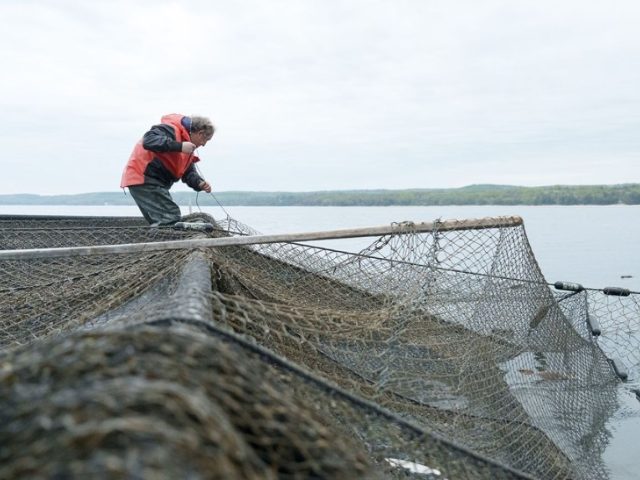Invasive Mussels Threaten the Future of Great Lakes Whitefish

Lake whitefish populations in Lakes Michigan and Huron are in steep decline, largely due to invasive quagga mussels that have decimated a key food source—plankton essential for the survival of young whitefish. Experts from the Michigan Department of Natural Resources (DNR) told state regulators that fishing restrictions alone won’t be enough to reverse the trend.
The mussels cover much of the lakebed and consume vast amounts of plankton, leaving young whitefish to starve. Most whitefish now caught are over 20 years old, with few younger fish to replace them, indicating a looming collapse.
While state and tribal managers have drastically cut fishing quotas, researchers argue that more aggressive action is needed, including possible emergency interventions like relocating or stocking fish. However, without a way to control the mussels, such efforts may only buy time.
The crisis threatens not only whitefish, a staple of Great Lakes culture and economy, but also other species like salmon and burbot. Scientists are exploring long-shot solutions, including encouraging whitefish to spawn in rivers and testing mussel removal techniques, though progress is slow.
Without meaningful action to control the invasive mussels, experts warn that the outlook for whitefish and broader Great Lakes biodiversity remains grim.
Read the full story on Bridge Michigan.
Photo Credit: Josh Boland, Bridge Michigan
